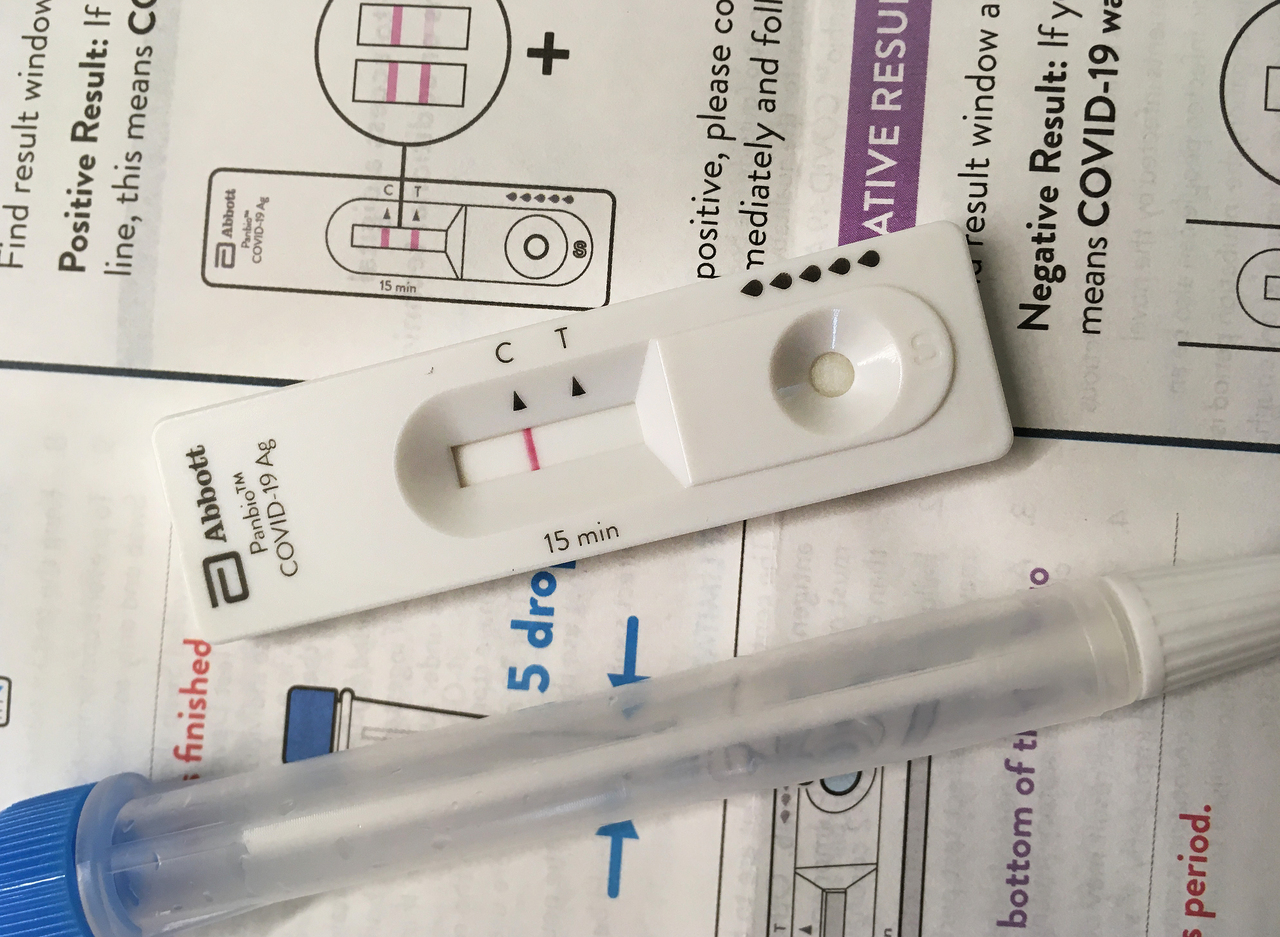Singapore's Covid-19 testing guidelines to be updated
Sign up now: Get ST's newsletters delivered to your inbox

Finance Minister Lawrence Wong said that results from ART tests essentially identify the cases with higher viral loads, which are more likely to be infectious.
ST PHOTO: ALPHONSUS CHERN
SINGAPORE - The Ministry of Health is relooking all its Covid-19 healthcare protocols, including guidelines that determine if an asymptomatic person, who is fully vaccinated, should be tested for the virus.
This comes amid complaints of frustration and confusion over the many terms and procedures currently in use.
Some protocols have already been changed, Singapore's director of medical services Kenneth Mak said on Saturday (Oct 2) during a virtual press conference by the multi-ministry task force on Covid-19.
For example, if a person is asymptomatic but obtains a positive result using an antigen rapid test (ART) kit at home, it is no longer the recommendation that they must visit the hospital, go to a Swab And Send Home clinic or do a polymerase chain reaction (PCR) test.
"These individuals have to exercise social responsibility, self-isolate and self-monitor themselves for any symptoms they may have," Associate Professor Mak said. If a repeat ART test shows a negative result 72 hours later, they can resume their activities, he added.
However, there are some settings where a slightly higher degree of caution is necessary, like when these individuals have regular close contact with vulnerable groups, such as with residents in nursing homes and patients in hospitals.
Finance Minister Lawrence Wong, a co-chair of the task force, said that in many of Singapore's existing testing protocols, the shift has already been made towards using ART instead of PCR tests.
Results from ART tests essentially identify the cases with higher viral loads, which are more likely to be infectious, he added.
Health Minister Ong Ye Kung, also a co-chair of the task force, added that although the Delta variant is a lot more transmissible, it is actually more easily picked up by the ART kits.
"So in a way, because of the behaviour of this variant, antigen tests actually become more sensitive than before, which also suggests there can be a wider and better usage of antigen tests," Mr Ong said.
Mr Wong said the right protocols have to be in place so that the majority of mild, asymptomatic cases could recover at home, which would reduce the load on the healthcare system.
The home recovery programme, introduced on Sept 15, has seen more than half of new patients recuperating in their place of residence.
"I don't think we should be saying, let's test less deliberately so that we have fewer cases and therefore a lighter load on the hospital system. But we will have to review the whole range of testing protocols to make sure that they are fit for purpose," he added.
The right admission criteria will be essential to make sure that medical resources are properly allocated to those who are seriously ill, said Mr Wong.


